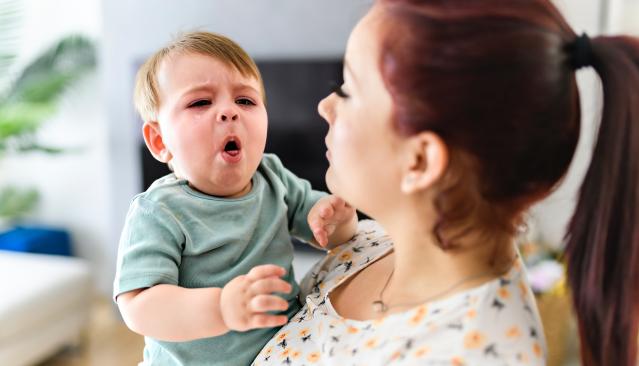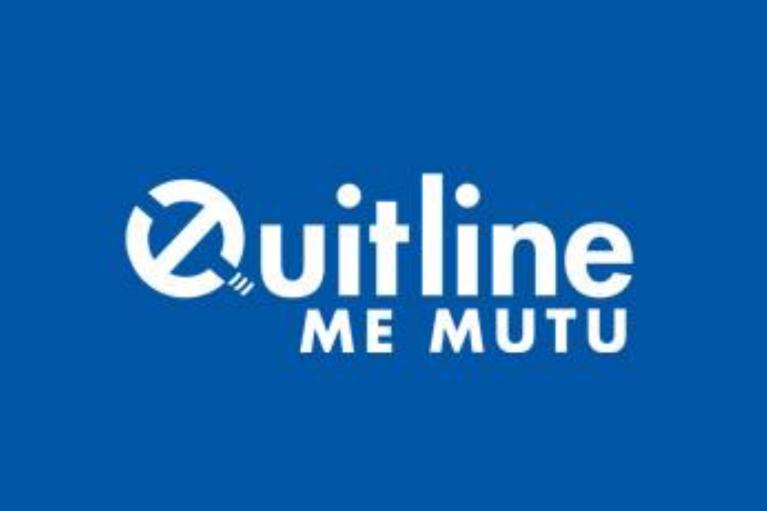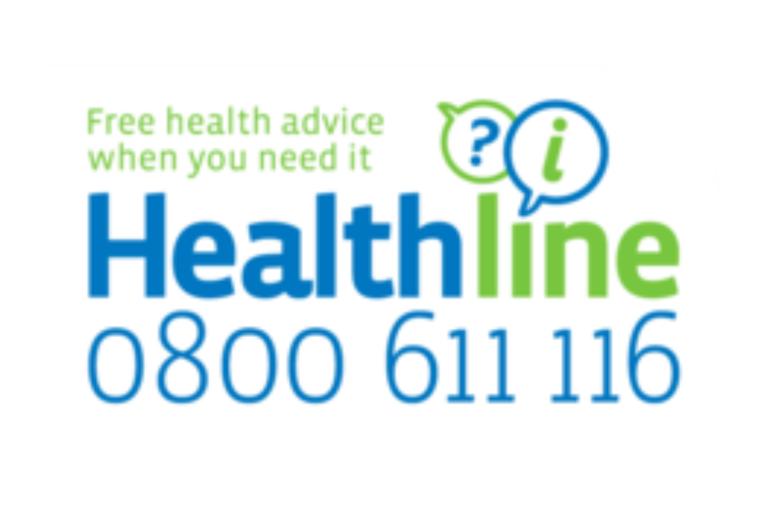Key points about respiratory syncytial virus (RSV) infection
- RSV causes infections of the respiratory tract (the parts of the body related to breathing)
- the symptoms are similar to a cold
- most tamariki (children) fully recover without problems
- in some pēpi (babies) and young tamariki, the virus can cause serious illness
- these pēpi and young tamariki may need to go to hospital
- RSV spreads very easily - wash hands regularly and stay away from people who have coughs and colds

What is RSV infection?
Respiratory syncytial virus (RSV) is a very common virus in Aotearoa New Zealand. It is one of many viruses that cause infections of the respiratory tract. The respiratory tract is the parts of the body related to breathing like the nose, windpipe, air passages in the lungs, and the lungs.
How RSV spreads
RSV is very easy to catch. You can catch RSV by touching a surface with infected droplets on it. Infectious droplets can spread through the air after an infected person coughs, sneezes or talks.
Tamariki often catch RSV at school or daycare. They can take it home to their baby siblings, who can get very sick from RSV.
Almost all tamariki get an RSV infection by the time they are 4 years old.
How serious is RSV infection?
Most older tamariki have symptoms similar to a common cold. But, pēpi and very young tamariki can get very sick and need to go to hospital. In this age group, RSV can also cause bronchiolitis and pneumonia.
Children most at risk of serious RSV infection
Those at highest risk of getting very sick include:
- young pēpi
- premature pēpi
- pēpi and young tamariki with heart or lung problems
- pēpi and young tamariki with weakened immune systems
- pēpi and young tamariki who are around people who smoke
- pēpi and tamariki living in cold and damp houses
A paediatrician may talk with you about a medicine to prevent serious illness caused by RSV in high-risk pēpi. Read about RSV passive immunisation for high-risk pēpi.
RSV Passive Immunisation For High Risk Babies
Signs and symptoms of RSV infection
The symptoms of RSV infection include:
- a runny nose
- coughing
- noisy breathing
- trouble breathing
- sneezing
- fever
- loss of appetite or difficulty feeding
In very young pēpi with RSV, the only symptoms may be:
- a blocked nose
- being irritable
- decreased activity
- noisy breathing
- trouble breathing
Someone can pass on RSV for up to 10 days after symptoms begin.
When to get medical help for your child
Call Healthline on 0800 611 116 or see a health professional if you think your child has RSV.
See a health professional urgently
See a health professional urgently if you are worried or your baby or young child:
- is under 3 months old
- is having trouble breathing
- is having less than half their normal feeds
- has fewer wet nappies than usual
- looks unwell
- is vomiting
Signs That Children Are Struggling To Breathe
When to call 111
Call 111 within New Zealand (use the appropriate emergency number in other countries) and ask for urgent medical help if your baby or young child:
- is blue around the mouth
- is struggling to breathe
- is hard to wake
- is floppy
Managing RSV infection
Most children get better by themselves
Most tamariki with RSV infections get better by themselves without any special treatment. There is no specific treatment for RSV infection.
Babies and young childre with more serious illness may need to go to hospital
Pēpi and young tamariki with more serious RSV may need to go to hospital. Sometimes pēpi need help with their breathing. This might include extra oxygen through small soft plastic tubes that fit into your baby's nose.
If your baby or child is not feeding enough, they may need:
- feeding through a nasogastric tube (a tube that goes up the nose and down into the stomach)
- fluids through an intravenous (IV) drip (a tube into a vein)
Caring for your child with RSV infection at home
Offer smaller feeds more often. Pēpi with RSV infection may not be able to feed for as long as usual.
You can use saline drops from a pharmacy to help your baby if they have a blocked nose.
If your baby or child is miserable and upset, you can give paracetamol. You must follow the dosage instructions on the bottle. It is dangerous to give more than the recommended dose.
Keep your baby or child away from other tamariki. Keep them home from daycare and school to stop RSV spreading.
Keep your child's environment smoke-free.
Can my child get RSV infection again?
Some immunity to RSV develops over the first couple of years of life. But you can have RSV more than once. Symptoms are usually milder after the first time.
Preventing your child from getting RSV
Breastfeeding
Breastfeeding your baby protects them from getting RSV infection by boosting their immune system. Breastfeeding beyond 4 months of age offers the best protection.
Smoke-free environment
Make sure your child's environment is smoke-free. If you want to give up smoking or vaping, contact Quitline or talk with your health professional.

If you want to give up smoking or vaping call Quitline free on 0800 778 778. Quitline can provide free support and advice to help you or someone in your whānau quit smoking. Visit their website for more information.
Vaccination
Make sure your child is up to date with all their vaccinations. Vaccination can prevent bacterial infections following RSV infection.
There is currently no RSV vaccine available in Aotearoa New Zealand.
A warm house
Keeping the house smoke-free, mould-free, dry, warm and well-insulated will also decrease your child's risk of developing RSV infection.
Hand hygiene
Wash hands frequently with soap and water or use hand sanitiser.
Stay away from people with coughs and colds
Keep young pēpi away from people with colds and coughs.
Healthline is available 24 hours a day, 7 days a week on 0800 611 116. Call Healthline if you need advice about a child of any age who is unwell, hurt, or has any symptoms of sickness. It's free to callers throughout New Zealand, including from a mobile phone.
References
Respiratory syncytial virus (RSV) infection Health Navigator.
Respiratory syncytial virus infection (RSV) Centers for Disease Control and Prevention (CDC), USA.
Understanding respiratory syncytial virus Asthma + Respiratory Foundation, NZ.

